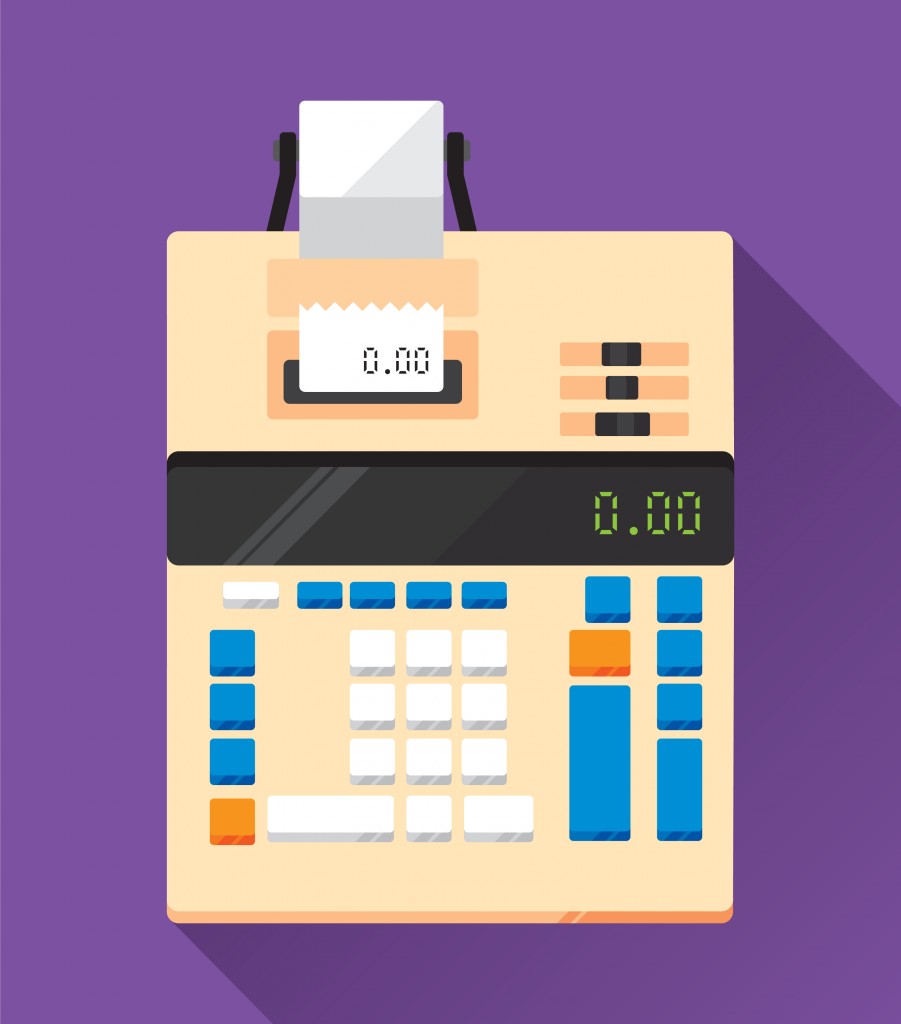Guest Post by Bench Accounting.
Let’s face it: tax filing is a chore. Thankfully, you can make the experience less painful by claiming all of the deductions available for your eCommerce business and reducing your taxable income for the year.
We compiled a list of six important tax deductions that are commonly available to eCommerce entrepreneurs. Use this list to double check that you’re leveraging each of these deductions to your business’s advantage.
1. Business start-up costs
If you launched a new business this year, you’ll be glad to hear that the IRS allows you to claim up to $5,000 of the costs associated with investigating and starting an active trade or business as a tax deduction.
If your start-up costs exceeded $5,000, you can amortize the remaining costs over an extended period. You can find the IRS guidelines on this deduction here.
Because there are multiple ways you could structure this deduction, it’s a tricky one to get right. The easiest way to go about it is to track all of your business start-up expenditure and have your CPA or tax accountant file the deduction for you.
2. Internet and cell phone expenses
You’re probably already aware that your internet connection and cell phone count as deductible expenses, provided that you use them to run your business, but are you deducting these expenses properly?
If you use your internet and cell phone purely for business, you can deduct the entire cost of these bills on your tax return.
However, if you share your internet connection with other members of your household, or if you use your cell phone for personal reasons on occasion, then you’ll need to determine the percentage of these costs that were incurred for business purposes.
Only the business usage of your internet connection and cell phone count as a tax deduction.
3. Home office deduction
If you’re going to claim the home office deduction on your tax return, be aware that your home-based office space needs to meet certain criteria to qualify for this deduction.
Specifically, your home-office must be:
- used only for business activities (personal use of the space is not permitted)
- your principal place of business
- where you spend the majority of your time working on your business
You may also need to prove that you keep a consistent schedule for work in your home office and that you cannot have access to another office (e.g. a co-working space), the cost of which you are also deducting on your tax return.
If you use the simplified option to claim this deduction for the space in your home that’s used for business, you’re eligible to deduct $5 per square foot, up to a maximum of 300 square feet.
4. Apps, online services, and software
There’s a good chance that you’ll use a variety of themes, apps, online services, website themes, and other software to run your eCommerce business.
As long as these services are considered ordinary and necessary to help run your business, they count as tax-deductible business expenses.
Just make sure you get into the habit of tracking your purchases and filing the invoice when you make a purchase. If you don’t, you’ll create additional work for yourself at tax time by having to go through your inbox and bank statements to track down receipts for everything you want to claim as a deduction on your tax return.
5. Advertising
The cost of promoting your eCommerce business and its products is a tax deductible expense. Online and offline ad placements and advertising costs can also include business cards, printed promotional materials, project submission fees, and sponsorships.
6. Education and professional development
Education that increases your expertise and adds value to your present business is generally a deductible expense. For example, if you undertake a course to learn more about SEO (search engine optimization) so that you can better run your eCommerce business — the cost of this course would be tax deductible.
However, any education that trains you in skills outside of the realm of your existing business or education that you undertake to help you get a new career wouldn’t qualify for this deduction.
Conclusion
By knowing the deductions you’re eligible for in the eCommerce niche, you can make strategic tax-deductible purchases and reduce your taxable income for the year.
Note that in order to claim these deductions on your 2015 tax return, you’ll need to have purchased them on or before December 31, 2015.
And remember: if the IRS ever audits your business, you need to provide proof to legitimize business expenses, so make sure you keep all receipts, invoices, and tax records related to the expenses you intend to claim on your tax return.
—
This post is to be used for informational purposes only and does not constitute legal, business, or tax advice. Each person should consult his or her own attorney, business advisor, or tax advisor with respect to matters referenced in this post. Bench assumes no liability for actions taken in reliance upon the information contained herein.
About the Author
Cameron McCool writes for Bench Accounting, the online bookkeeping service that pairs you with a team of dedicated bookkeepers and does your books for you.
